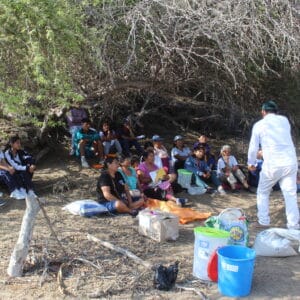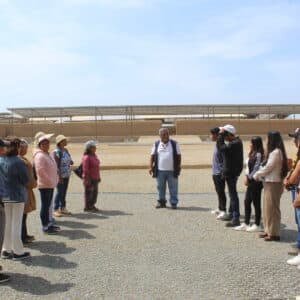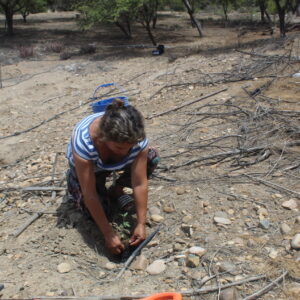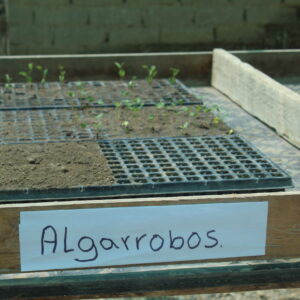On March 11, A Rocha Perú, Monterrico Christian School (MCS), and the Christian organization Cristo para la Ciudad signed a cooperation agreement to develop a mini environmental conservation and social responsibility project for the year 2025. This initiative, part of the Green Church program, will be supported by our new coordinator, Hannah Wilkinson, and will involve MCS high school students as part of their educational curriculum.
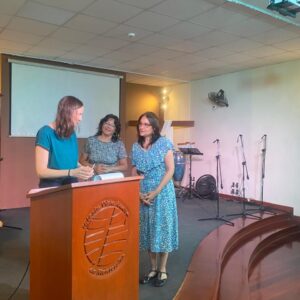
The aim of this project is to co-design and implement a Sensory Garden, depending on feasibility and the students’ final design decisions for Vidas que Valen, a ministry located in Villa El Salvador and led by Pastor Walter Matos of Iglesia Bautista El Fundamento. This ministry provides support for families with children with disabilities, offering companionship and assistance in their daily lives. The initiative was inspired by the pastor’s own experience with his son, who had a disability, and his desire to create a space of well-being and recreation for families facing similar challenges.
Through this agreement, A Rocha Perú will provide technical guidance, conduct environmental strategy workshops, and offer ongoing support throughout the process. As part of MCS’s educational commitment, students will not only design the garden but also actively participate in its potential construction, aiming to create a space of peace and restoration for the families of Vidas que Valen. The garden’s inauguration is tentatively scheduled for September 2025, depending on the project’s development.
This collaboration brings together faith, education, and environmental stewardship, serving as a living testimony to the transformative power of working together. We joyfully celebrate the beginning of this journey to bring God’s creation closer to those who need it most!
